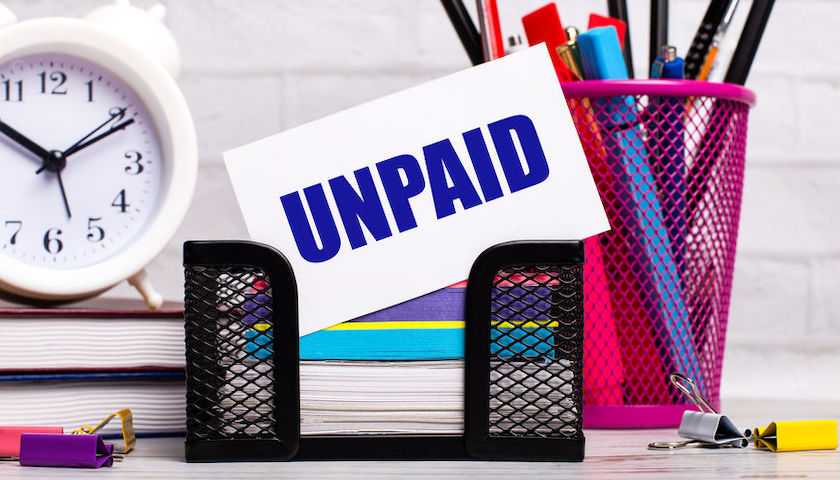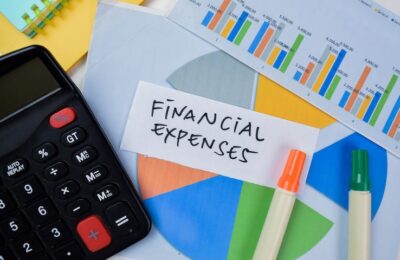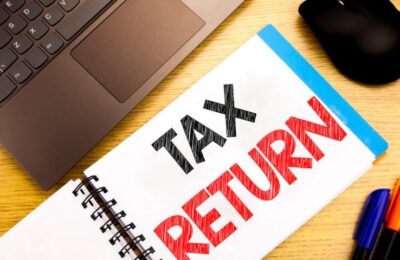HMRC recently released detailed figures for its estimate of the tax gap. This is the difference between all tax expected to be raised in a year and the tax actually paid. For the tax year 2023 to 2024, HMRC estimates the tax gap to stand at 5.3%. This equates to £46.8 billion remaining unpaid.
It’s worth taking a closer look at HMRC’s figures. The government has announced plans that it aims to raise a further £7.5 billion to help close the tax gap. Judging by HMRC’s press release and detailed report, both small businesses and Corporation Tax are soon likely to be in the taxman’s crosshairs.
Small firms, Corporation Tax and the tax gap
HMRC highlights two figures that are contributing to the tax gap. These are:
- Small businesses accounting for the largest proportion (60%)
- Corporation Tax accounting for 40% of the total tax gap
The taxman also draws attention to three main behavioural reasons for the gap. These are:
- Failing to take reasonable care (31%)
- Errors (15%)
- Evasion (14%)
How the gap has changed in recent years
Just five years ago, Corporation Tax was responsible for 24% of the tax gap. The fact it’s now estimated to be 40% is a huge jump. On the other hand, VAT now accounts for a much smaller proportion of the gap. In 2019-20, VAT accounted for 31% of the gap. This figure is now 19%.
Interestingly, the combined tax gap for Income Tax, National Insurance and Capital Gains Tax stands at 3%. In 2013 this stood at 5.3%, but had fallen to 3.3% by 2017-18. However, the tax gap for Self-Assessment is high. This stands at 22.7% of the full liability, or £5.8 billion in absolute terms.
How HMRC intends to close the tax gap
HMRC has pointed to a number of things it will do to close the tax gap.
Firstly, it draws our attention to Making Tax Digital (MTD). This is already mandatory for VAT returns and HMRC believes it will deliver £4 billion in tax revenue by 2029-30 by reducing errors. MTD for Income Tax is being phased in from 2026 and is expected to generate an extra £1.9 billion by the same date. That said, we still don’t have an official date for when MTD for Corporation Tax will be phased in. Given that this tax accounts for 40% of the gap, it’s likely that HMRC will be keen to introduce MTD for it as soon as it feasibly can.
HMRC also plans to invest in more manpower to help close the tax gap. As announced in the 2025 Spending Review, £1.7 billion will be invested in an extra 5,500 compliance staff and 2,400 debt management staff.
Given the statistics, it’s highly likely that HMRC will focus on both small businesses and Corporation Tax to help close the tax gap. Indeed, HMRC frequently launches campaigns to help improve the tax take from different groups, including the wealthy.
How do I avoid an HMRC investigation?
There’s no infallible way of avoiding an HMRC investigation into your tax affairs. While the taxman may target businesses it believes may not be paying their fair share, it also investigates others at random. To avoid damage to your business, we recommend you do two things:
- Use a good accountant like THP to make sure that your annual accounts, Corporation Tax returns, VAT returns, payroll and other financial areas of your business are accurate and compliant.
- Protect yourself with our Tax Investigation Fee Protection Service. If the taxman comes knocking, this can protect you to the tune of £100,000 in accountancy fees.
If you’d like more advice on your tax affairs and to make sure you’re complying with HMRC rules, please get in touch today. One of our accountants would be delighted to help you.
About Mark Ingle
Owner-manager business specialist, Mark Ingle is key to building relationships with clients at the Chelmsford office. “I like to see clients enterprises grow and succeed.” Mark explains, “The team here has a lot to offer and I can see a lot of new businesses responding to that.”
Having worked for accountancy practices in London and Essex, Mark has worked with a range of companies varying in size. For Mark, THP stands out for its “local firm approach with the resources of a larger practice.”
Although a keen traveller, Mark is focused on giving his clients at THP the highest service, “Right now, I aim to help the clients we have to the best of my ability which will help me attract more of the right clients in the future.”
Mark’s specialist skills:
- Annual and Management Accounts
- Tax and VAT
- Strategy and Business Planning
- Marketing and Sales
- Business Development












